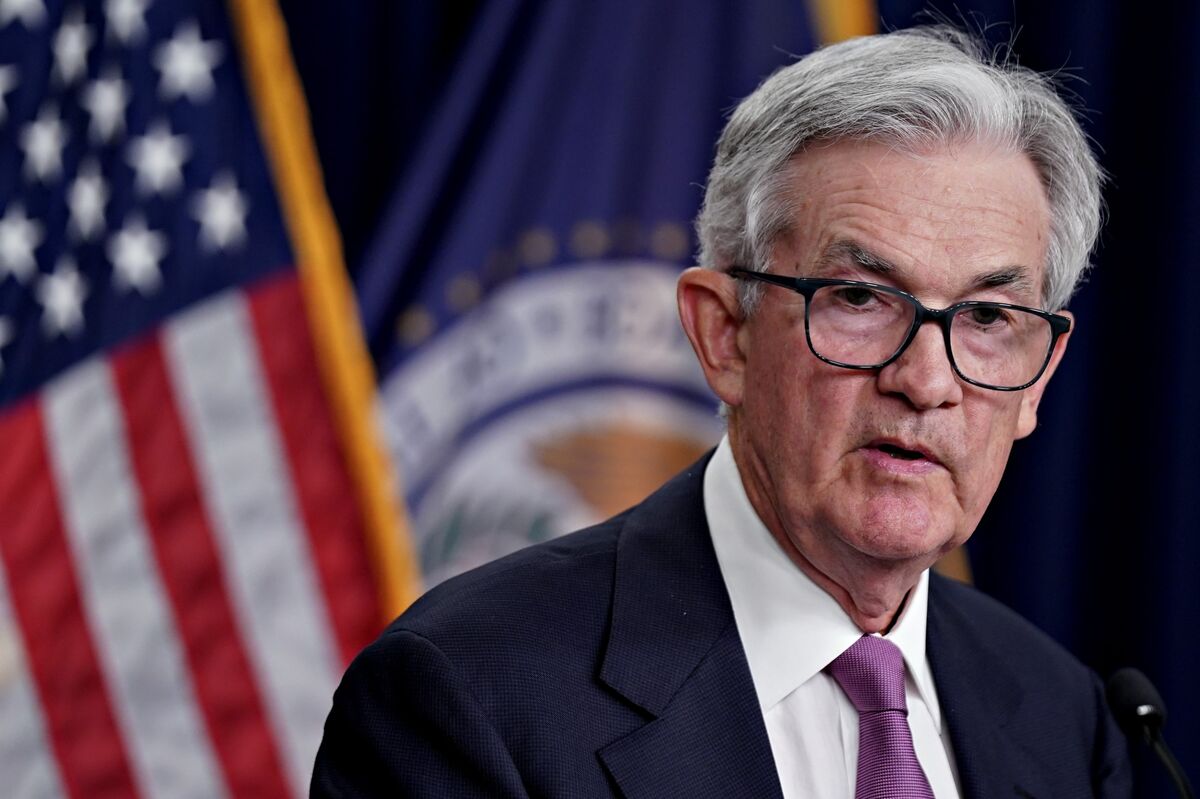During the House Financial Services Committee’s semi-annual hearing on Federal Reserve policy, Chair Jerome Powell expressed the Federal Reserve’s perspective on stablecoins, stating that they are considered a form of money.
Powell’s remarks were made in response to Maxine Waters, the committee ranking member, who sought his opinion on the proposed stablecoin bill, a Republican-led initiative that would mark the first cryptocurrency legislation in the United States if enacted.
Waters raised concerns about the bill, pointing out that it would establish 58 different licenses with federal regulatory approval only granted to two of them.
The remaining licenses would be issued by states, territories, and other jurisdictions, a move that Waters criticized for taking state preemption to an unprecedented level. Powell, in response, asserted, “We do see payment stablecoins as a form of money, […] and we believe that it would be appropriate to have quite a robust federal role in what happens in stablecoin going forward.”
He further added that permitting significant private money creation at the state level would be an error.
Notably, Powell’s stance contrasts with that of Securities and Exchange Commission (SEC) Chair Gary Gensler, who previously emphasized the potential requirement for registration and regulation of stablecoins, excluding Bitcoin, which he considers a security.
Powell’s position also diverges from Commodity Futures Trading Commission (CFTC) Chair Rostin Behnam’s view that stablecoins should be categorized as commodities.
While the Federal Reserve lacks a readily accessible definition of money, it is generally regarded as a medium of exchange.
In contrast, commodities are defined under U.S. law as “goods and articles […] and all services, rights, and interests […] in which contracts for future delivery are presently or in the future dealt in.” The definition of a security is more complex.
Former CFTC Chair Chris Giancarlo also weighed in on the stablecoin bill, noting in an editorial in The Hill that all licensing authorities would possess the discretion to pressure stablecoin protocols into denying services to lawful but politically disfavored businesses.
Giancarlo referred to this as a “glaring omission” that could potentially enable a government policy resembling the Obama administration’s Operation Choke Point.
He proposed a simple solution to the problem: restricting government licensing authorities from selectively choosing among otherwise lawful activities and conditioning licensure on the stablecoin’s rejection of legal transactions.
Giancarlo cautioned that without this safeguard, stablecoin transactions would be at the mercy of the shifting political landscape in Washington.
Powell’s statements and the ongoing discussions surrounding the stablecoin bill reflect the growing recognition and significance of stablecoins in the realm of finance, prompting regulators to address their oversight and regulation to ensure stability and safeguard against potential risks.
Other Stories:
Moody’s Issues Warning About Lack of Bipartisan Support for Crypto Regulation in the US
Binance Takes Steps Towards Enhanced Bitcoin Transactions with Lightning Network Integration
Polygon Co-founder Suggests Proposal to Improve Security of PoS network




